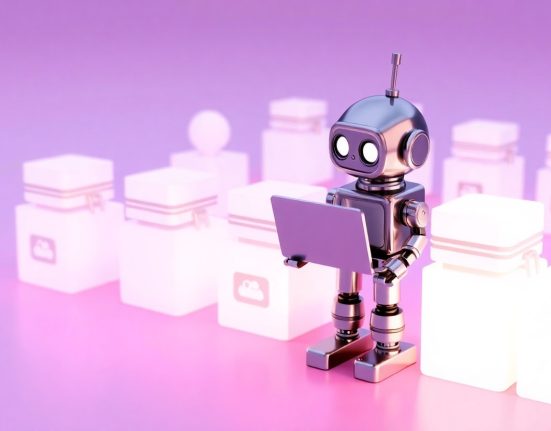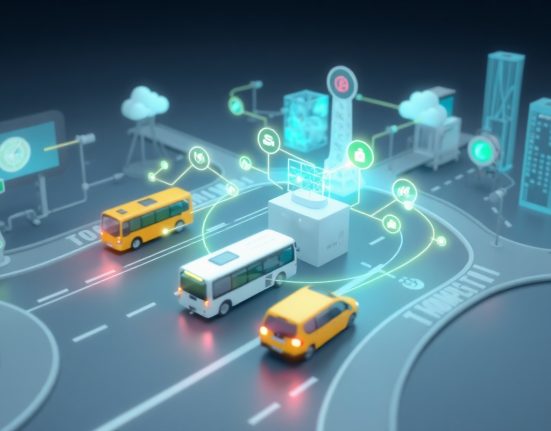Introduction: A New Era in Recruitment
The world of recruitment and job searching is undergoing a significant revolution in recent years. Artificial intelligence (AI) is fundamentally changing how employers recruit workers and how job seekers present themselves. One of the central questions arising in this context is: Have we reached a point where resumes can write themselves?
Current State: AI as a Resume Writer
Today, a wide range of AI-based tools are available to assist in resume writing. Tools like ChatGPT, Claude, and Resume.AI can generate complete resumes based on basic information provided by the user. They offer significant advantages:
- Time savings – what would take hours of drafting and editing is reduced to just minutes.
- Job customization – the ability to quickly adapt resumes to the requirements of a specific position.
- Improved phrasing – suggestions for improving wording and highlighting achievements optimally.
- Consistency and professionalism – maintaining a uniform and professional format.
However, the technology still has limitations. It struggles to identify the personal and professional nuances unique to each candidate, and sometimes produces generic content that lacks the “soul” and cultural context required.
Two Sides of the Coin: AI Systems on the Recruiter Side
Parallel to the use of AI by job seekers, employers are also using similar technologies:
Automated Screening Systems (ATS – Applicant Tracking Systems)
These systems have existed for years, but with the advancement of AI, they have become more sophisticated:
- Semantic analysis – identifying not just keywords, but contexts and meanings.
- Fit prediction – predicting the likelihood of a candidate’s success in a role based on historical data.
- Gap identification – automatic detection of gaps in experience or skills.
AI-Powered Interviews
Technologies such as HireVue and Pymetrics analyze not only what candidates say, but also how they say it:
- Facial expression analysis
- Analysis of tone of voice and body language
- Examination of thought patterns and decision-making processes
Challenges and Ethical Implications
These developments raise complex ethical and practical questions:
Algorithmic Biases
AI systems learn from historical data, which already contains human biases. Without deliberate intervention, they may replicate and even amplify these biases. Studies have shown that certain systems discriminate based on gender, age, or ethnicity – even when this information does not explicitly appear in the resume.
Technological Arms Race
A kind of “arms race” has developed between the parties:
- Job seekers use AI to pass automated screening systems
- Employers improve systems to identify automatically generated resumes
- And so on
Loss of Human Touch
The greatest concern is that automated systems will miss excellent candidates who do not “align” with standard parameters, or who have unique and unusual backgrounds.
Future Trends
Several trends are emerging in the field:
Advanced Personalization
While currently AI generates relatively standard resumes, in the future we expect to see systems that can adapt resumes not only to the job, but also to the organizational culture of the company, the management style of the direct supervisor, and the brand values of the organization.
Algorithmic Transparency
Following regulatory requirements (especially in Europe with GDPR and new AI regulations), more organizations will need to explain how their AI systems make decisions. This will lead to the development of “Explainable AI” systems in the recruitment field.
Hybrid Recruitment Models
The emerging model is a combination of technology and human factors:
- AI for initial screening and preliminary matching
- Human recruiters for advanced stages and final decisions
- AI decision support systems for human recruiters
Extended Digital Portfolio
Resumes in their traditional format may evolve into a more comprehensive “digital portfolio”:
- Links to previous work and projects
- Blockchain-verified recommendations
- Results of skill and personality tests
- Short videos or personal podcasts
- AI analysis of work style and personal strengths
Towards a New Balance
Despite impressive technological advances, it seems that the answer to the question “Will resumes write themselves?” is complex. On one hand, technology is already capable of producing quality resumes based on raw information. On the other hand, the need for a human touch, authenticity, and personal customization remains significant.
The future balance will likely be in using AI as a significant aid, but not as a complete substitute for human judgment – both from the candidate and the recruiter. Technology will be used to increase efficiency and reduce routine work, but the human aspects of the process – creativity, empathy, interpersonal connection, and understanding of cultural context – will continue to be of crucial importance.
Conclusion
The world of recruitment and job searching is in a fascinating transitional period. Artificial intelligence is changing the rules of the game, but also raising new questions and challenges. Employers and candidates who know how to use technology wisely – while recognizing its limitations and preserving the human element – are those who will benefit in the long run. In a world where resumes can be written automatically, the true value will be in what lies beyond the written words – in the experience, personality, and human potential they represent.














